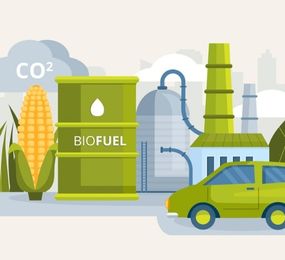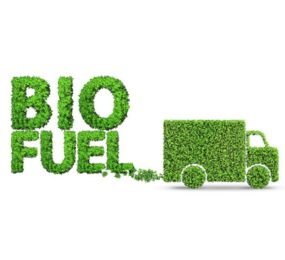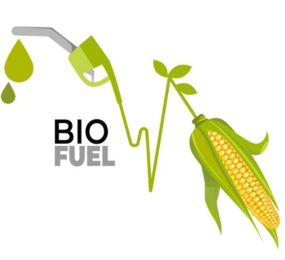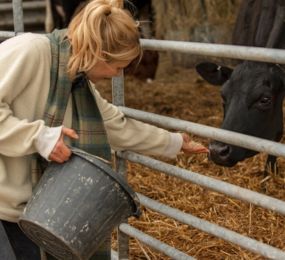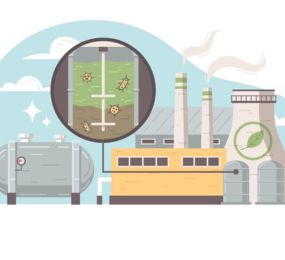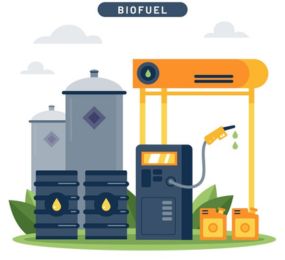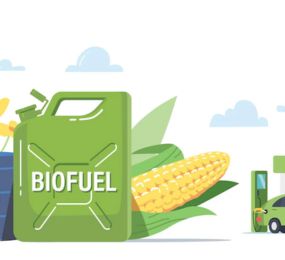Debunking Myths: Addressing Common Criticisms of Biofuels’ Sustainability
Biofuels, once heralded as a panacea for energy independence and climate change, have faced significant scrutiny regarding their true sustainability. Common criticisms often revolve around issues like land use change, competition with food production, and their overall greenhouse gas emissions. However, a nuanced understanding reveals that many of these concerns, while valid for certain "first-generation" biofuels, do not apply across the board, and advancements in the sector are actively addressing them.
One of the most vocal criticisms is the "food versus fuel" debate, arguing that diverting agricultural land to grow energy crops compromises food security. While early biofuel policies, particularly those promoting corn ethanol, did raise valid concerns about commodity prices and land allocation, this criticism largely overlooks the evolution of the industry. The rise of "second-generation" biofuels, derived from non-food feedstocks like agricultural waste, forestry residues, and dedicated energy crops grown on marginal lands, directly addresses this issue. These feedstocks do not compete with food production and can even utilize materials that would otherwise go to waste.
Another major point of contention is the lifecycle greenhouse gas (GHG) emissions, particularly related to indirect land use change (ILUC). Critics argue that clearing forests or grasslands for biofuel crops can release more carbon than the biofuels save. While ILUC is a complex issue requiring careful assessment, significant progress has been made in developing robust sustainability certification schemes that include strict criteria on land use. Moreover, new research and technologies are focusing on optimizing biofuel production processes to minimize emissions from cultivation, harvesting, and processing, ensuring a genuine net reduction in GHGs compared to fossil fuels.
In conclusion, while legitimate concerns have rightly pushed the biofuel industry towards greater sustainability, it is crucial to debunk widespread myths that paint all biofuels with the same brush. By focusing on advanced feedstocks, implementing stringent sustainability standards, and optimizing production processes, biofuels can and do play a vital role in decarbonizing hard-to-abate sectors, contributing meaningfully to a cleaner energy future without compromising food security or exacerbating climate change.
Visit our website to know more: https://www.leadventgrp.com/events/3rd-annual-advanced-biofuels-forum/details
For more information and group participation, contact us: [email protected]
Leadvent Group - Industry Leading Events for Business Leaders!



